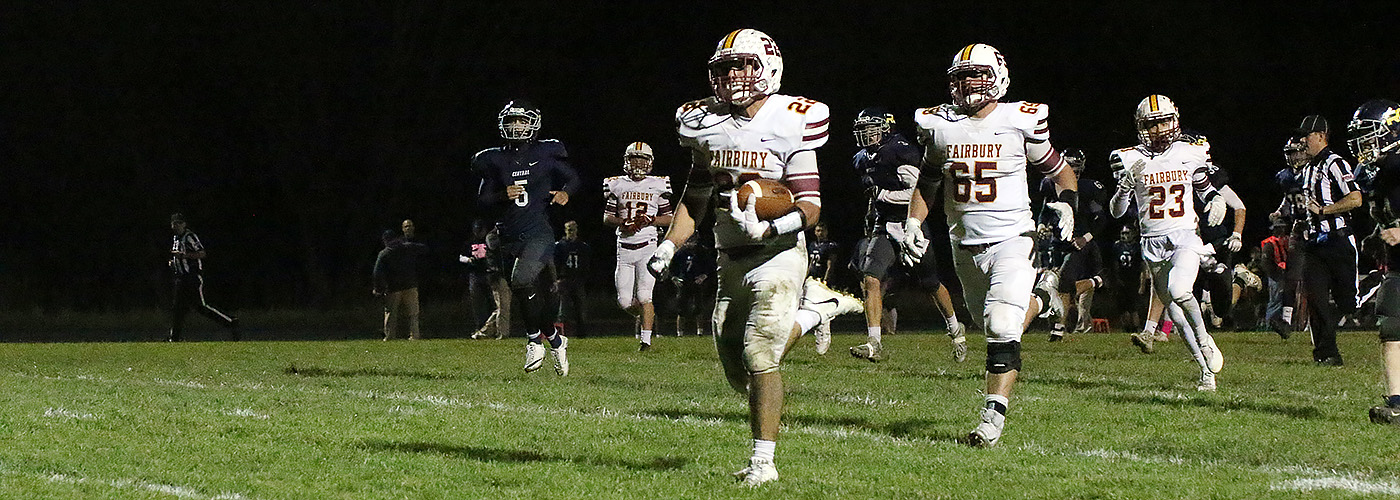Being a wide-eyed freshman. Building the nerve to ask your crush to homecoming. Crafting/pulling off the perfect senior prank.
Taking the ACT?
It may not be the part that makes coming-of-age movies, but taking the ACT is a vital part of the high school experience for any student looking to continue toward higher education. And it doesn’t matter if you’re in marching band, the captain of the football team or the rough-around-the-edges senior that holds down Saturday detention at the library.
Getting the score you need on the on the ACT is a critically important first step on the path to college.
The importance of that score is something prominently on the mind of Quincey, a junior from North Platte, NE who is closing in on finalizing her college choice. And it’s why she decided to take the test multiple times to give herself the best chance at hitting the score she was aiming for.
“I thought it was really important, because a lot of the schools I want to go to have higher ACT requirements, so I felt a lot of pressure to get a good score,” she said. “I just feel a lot of pressure, then I get nervous.”
Those nerves showed up in her score the first time, and then again. But once she had a better grasp of what the test was like, and what areas she needed to work on, Quincey took a step forward with her most recent score. A step toward the type of college career she is looking for.
“I think knowing what score you are going for is important for planning, but after the fact it’s harder because you do have your score and it’s hard to improve it,” she said. “The first time I took it, I was like ‘I’ll do whatever, it’s a practice one.’”
“There are a lot of tips and tricks you can work on for English and reading. You just have to work out the secrets of the different sections.”
Preparation before the test is also key, at least according to school psychologist Courtney Meiers. Through her work, both as a high school English teacher and tutoring students, Meiers has always stressed the importance of preparing for the score you need.
According to Meiers, the first step in getting a college to look at the rest of your resume.
“I explain it in the sense of, ‘they don’t care about who you are, it’s the numbers’ unless you’re an athlete,” she said. “Basically, the number on that test gets their foot in the door, and then eventually they will be considered as an actual person.”
More From Peterson’s
Want to explore all of your options to get the ACT score you are looking for? We’ve got resources to help you set goals, and HIT them.
Beyond getting into a school, Meiers also said ACT scores are crucial for scholarship considerations, and can set students up for a successful career. Even for athletes. In Meiers’ mind, it’s important for all students to think practically about the impact of a college education.
“For athletes, it’s a little bit more challenging. For them, I try and emphasize that their body is going to get them to their 30s, and then what?” she said. “That college degree that you’re going to be getting for free, because of your body and athletic ability, is great, but at the same time you still want to learn. Ten years from now, that’s the piece of paper that’s going to get you the job once your body breaks down.”
“In the long run, what they learn in this time is very important because an athlete’s career is very short.”
That commitment to education is not lost on Jacob, a senior from Fairbury, Nebraska, who recently signed to play college football at Wayne State University. Even with that knowledge that he could pursue a scholarship for his on-field ability, Jacob said the academic side was drilled into him from a young age.
“At every football camp I went to one of the first things the coaches would tell us is to keep our grades up and make sure you take the ACT,” he said. “It was extremely important to me.”
Jacob’s counselor also highlighted the importance of academics, and he was able to take the ACT for free as a junior through his school. To prepare, Jacob switched from the weights to practice tests, and did his best when he relaxed and trusted in his knowledge.
“My tips would be just relax while taking it, and take it more than once,” he said.
So it doesn’t matter what you’re college intentions are. You could be sizing up schools for academic programs and potential. You could be searching for scholarships. You can even be a football star trying to take care of the school side of things.
The ACT is your first step in determining which path your college career will travel.



